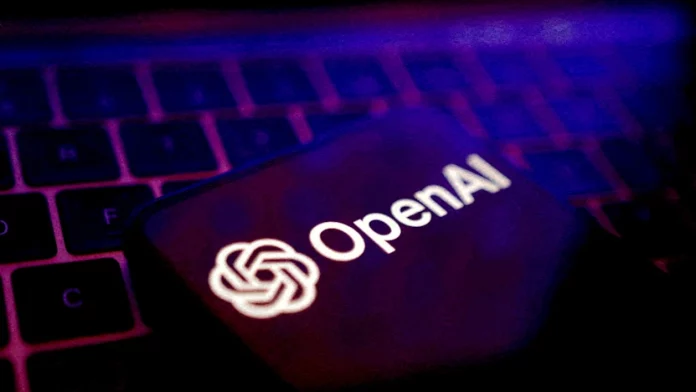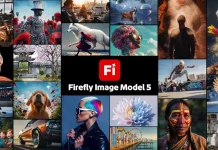AI has been in a thrilling phase over the past few years, with rapid advances pushing chatbots like ChatGPT, Gemini, and Meta AI into new territories. Today’s large language models can already create presentations, generate images, draft documents, and even write code. Yet, leading AI companies see these as just early milestones. OpenAI CEO Sam Altman recently revealed an ambitious vision: by 2028, the company aims to develop a fully capable AI researcher. The first step toward that goal will come in 2026, with AI “research interns.”
This marks a broader shift toward what many in the industry call “personal superintelligence.” The concept pushes AI beyond being a mere assistant and transforms it into an active collaborator — a true partner in human creativity and problem-solving. Interestingly, Altman has noted that the term “AGI” (artificial general intelligence) has become “hugely overloaded” and that reaching this next phase will be “a process over a number of years.” The path to this vision is gradual but undeniably transformative.
The future of AI
Altman and other tech leaders, including Meta’s Mark Zuckerberg, envision an AI landscape that looks very different from today. They aspire to create systems that humans depend on far more deeply — AI that can perform complex tasks with minimal human input. Think of it as ChatGPT taken to its ultimate form: an entity capable of executing sophisticated research and problem-solving autonomously. It’s a dramatic evolution of current AI agents, which already show promise in browsers and other applications, but with far more power and independence.
AI is already saving lives — from helping discover overlooked treatments to assisting in disease diagnosis. Still, even the most advanced models rely on human direction and context. The road to a self-sufficient AGI researcher remains long and uncertain. One of the biggest hurdles is reliability: without human oversight, AI hallucinations can lead to misinformation or flawed conclusions.
But as companies push forward, the boundaries between tool and collaborator continue to blur. Whether AI can eventually match human reasoning and creativity remains to be seen — but what’s certain is that the race toward that future is well underway.





